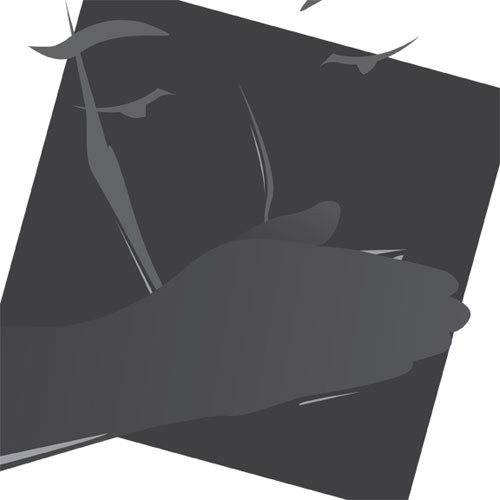Armenian genocide denial in Turkey
Nearly 100 years later, revisionism is still a major force in government policy
Genocide denial is a hot topic that can often blur the lines between freedom of speech and hate speech.
In the case of Holocaust denial, the issue has attracted a lot of public attention and repulsion globally. This interest has, in turn, created institutions, organizations and public memorials dedicated exclusively to ensure that the Holocaust is not denied its place in history.
However, with regards to Armenian genocide denial, relatively little support has been given to the Armenian community compared with the denial movement it faces. This is unsurprising, as the main denying force is one of the Middle East’s most powerful nations: Turkey. With regards to the Armenian genocide, which saw more than one million Christian Armenians murdered, Turkey is not only in a state of genocide denial, but of complete historical revisionism.
The Armenian genocide was designed and executed by a political party movement known as the Young Turks who controlled the Ottoman government during World War I. The Ottoman Empire had been declining for nearly 200 years at that point, and its leaders began to look for scapegoats for its dwindling fortunes.
Just as the Jews were blamed for Germany’s misfortunes after WWI, the Armenians were blamed for the Ottoman’s deterioration (Armenia had been vying for independence for decades).
Although the Armenians had faced sporadic ethnic violence for years, they were protected by Christian nations such as France and Britain. However, once WWI erupted, their allies could no longer protect them and the Ottoman government designed and implemented a genocidal campaign in which approximately one and a half million Armenians were killed between 1914 and 1918.
Turkey emerged out of the collapse of the Ottoman Empire in 1923. Today it is commonly perceived by the international community as an oasis in the Middle East, whose secular and progressive majority provide a Western ally against Islamic extremism.
However, although it has a secular and progressive constitution, the political executive has been dominated by an exclusionary elite ever since the nation’s birth. This elite subscribes to an ideology just as dangerous as religious extremism: nationalism.
The government’s practice of revisionism is evident without looking very far. Public monuments are not dedicated to the hundreds of thousands of Armenians slaughtered by Turks, but rather vice versa: according to the government, it was the Turks who were subjugated to mass atrocities perpetrated by the Armenians. This is absolutely false and is discredited quite unanimously by historians outside of Turkey.
“ With regards to the Armenian genocide, which saw more than one million Christian Armenians murdered, Turkey is not only in a state of genocide denial, but of complete historical revisionism
The government’s revisionism begins in the educational system. Textbooks have completely revised the objective historical documentation of the Armenian genocide and reflect the revisionism found on public monuments.
A Turkish classmate in a genocide studies course I took this summer informed me that “Turkish military and national strategy” is a mandatory high school class; it teaches students who Turkey’s enemies are, and therefore who the student’s enemies are as well.
Through all this, it is clear that the Turkish elite are trying to establish similar pan-Turkish goals that the Young Turks tried to achieve through the Armenian genocide. Little effort is made to condemn violence towards Armenians, such as the murder of Armenian activist Hrant Dink in 2007. The political culture is dominated by Turkish nationalists and a clear effort is being made to maintain an image of Turkish superiority in the education system.
Currently, only 20 countries have recognized the Armenian genocide (Canada is one of them). America hasn’t because Turkey holds an important air base for its wars in the Middle East. Without the support of the international community, the Armenians struggle mightily to educate the world about the atrocities waged against them after having been historical victims of humankind’s worst act.
Matt Austman is a politics student at the University of Winnipeg. If you’d like to learn more about the Armenian genocide and the denial movement, he suggests reading A Shameful Act by Taner Ackam.
Published in Volume 65, Number 1 of The Uniter (September 2, 2010)








